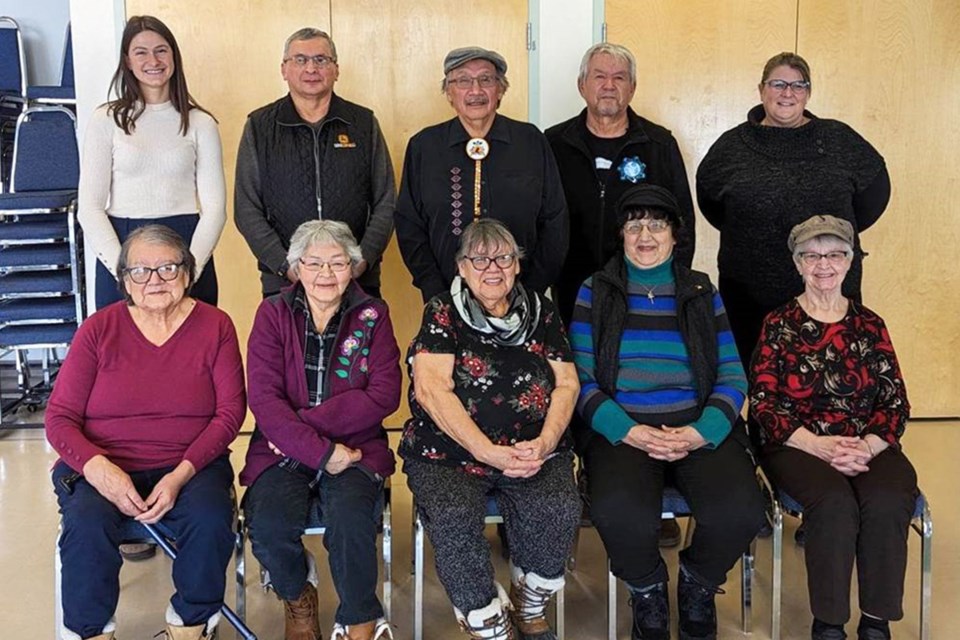Moose Cree First Nation and Transport Canada are trying to figure out what is happening to the Moose River basin.
Water levels have been reportedly dropping for years, and now a study is being conducted as to the effects and future impact this will have on the communities in Moose Factory and Moosonee.
Jennifer Simard, director of Ontario Power Generation relations for Moose Cree First Nation, said the first steps of the study is collecting data and talking to those who are directly affected by the changes in water levels.
“It’s common sense to talk to the people who see the changes every day, and can tell you how high the water was before because they were there,” she said. “There are stories about being able to boat across the river even 10 years ago, and you can’t do that now.”
Moose Cree First Nation and Transport Canada signed the MOU regarding the study in late February. It’s one of the first collaborations in the country looking at the cumulative effects on navigation as water levels change.
This collaboration has been in the works since 2020.
The change in water level in the basin has impacted the hospital in Moose Factory and the ability of people and equipment to get there.
“The water level is so low that the boats can’t always get across,” said Simard. “It’s not just an inconvenience for people, but there have been times when we couldn’t get oxygen tanks over there.”
Moose Cree First Nation Chief Merven Cheechoo echoed those concerns in a news release about the study.
“Travel between Moose Factory and Moosonee has also become a challenge, putting people's health at risk by limiting access to basic goods and services,” he said.
Simard said that people in the community have been talking about the issues around water levels for some time, and it's good that the government is taking an interest in it.
“It’s one of the first times they’ve worked with us, not just done their own work, but communicated and worked with us,” she said. “It is good to know they’re taking these things seriously, and listening to those it affects.”
She said the water levels are also impacting access to traditional hunting and fishing grounds.
“People can’t get to their camps, and those effects are important to keep in mind with this,” she says. “The government is supposed to protect our right to those places, but what do we do if we can’t get there?”
The study will be looking at archival data about water levels in the basin, and will interview elders and land users who have first-hand knowledge of the levels, and the impact on navigation in the area.
The first report on the study is scheduled for two years from now.



